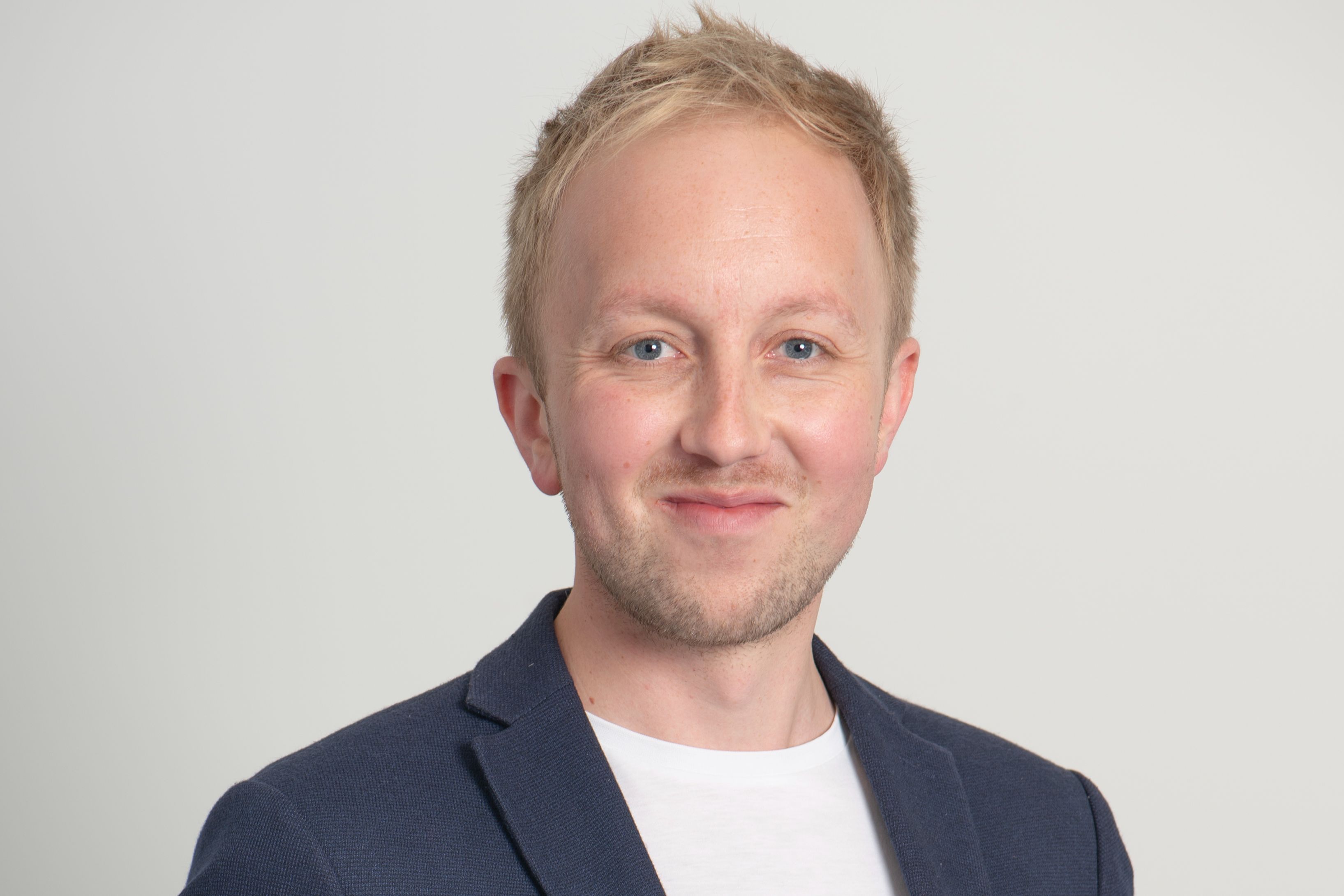The merged organisation will be the largest in size in England supporting 13 boroughs and around 4.5m residents and service users.
NHSE has instructed ICBs to form clusters as soon as possible or merge by April 2026 or April 2027 in order to achieve cost savings.
All clustered ICBs are expected to go on to merge to prevent any duplication of activities.
Chair of North Central London ICB, Paul Najsarek: ‘Our focus as a board is on what is best for local residents, patients and service users. This option represents not a defensive approach to change, but one which is about embracing it, and one which provides the strongest chance for excellence in future - for our communities, our residents and our staff.
‘We carefully considered the options and were convinced that the case for organisational scale was clear and gives us the best possible opportunity.
‘What was also clear from our discussions, at both board meetings, was that, while getting the initial decision right is crucial, it is only the start in terms of that pursuit, and delivery of, excellence. There is no complacency about the scale of the task which lies ahead."
Rob Hurd, chief executive, North West London ICB: 'We want to build a stronger, more resilient organisation that enables our staff to thrive and allows us to serve our residents in the best way possible. Our shared view is that organisational scale is a key enabler to be an effective strategic commissioner, and a full merger is the right solution.
'I'm really proud of the work that we have done in developing neighbourhood health and partnership working and we need the right resources to enable us to build on this and further develop within our role as a strategic commissioner.
'We also want to ensure we are able to retain and attract the very best people to work in North London – again there is a real benefit to having a certain scale, and having the opportunity to collaborate and utilise the huge range of partners across the combined North West and North Central area is very exciting.'



